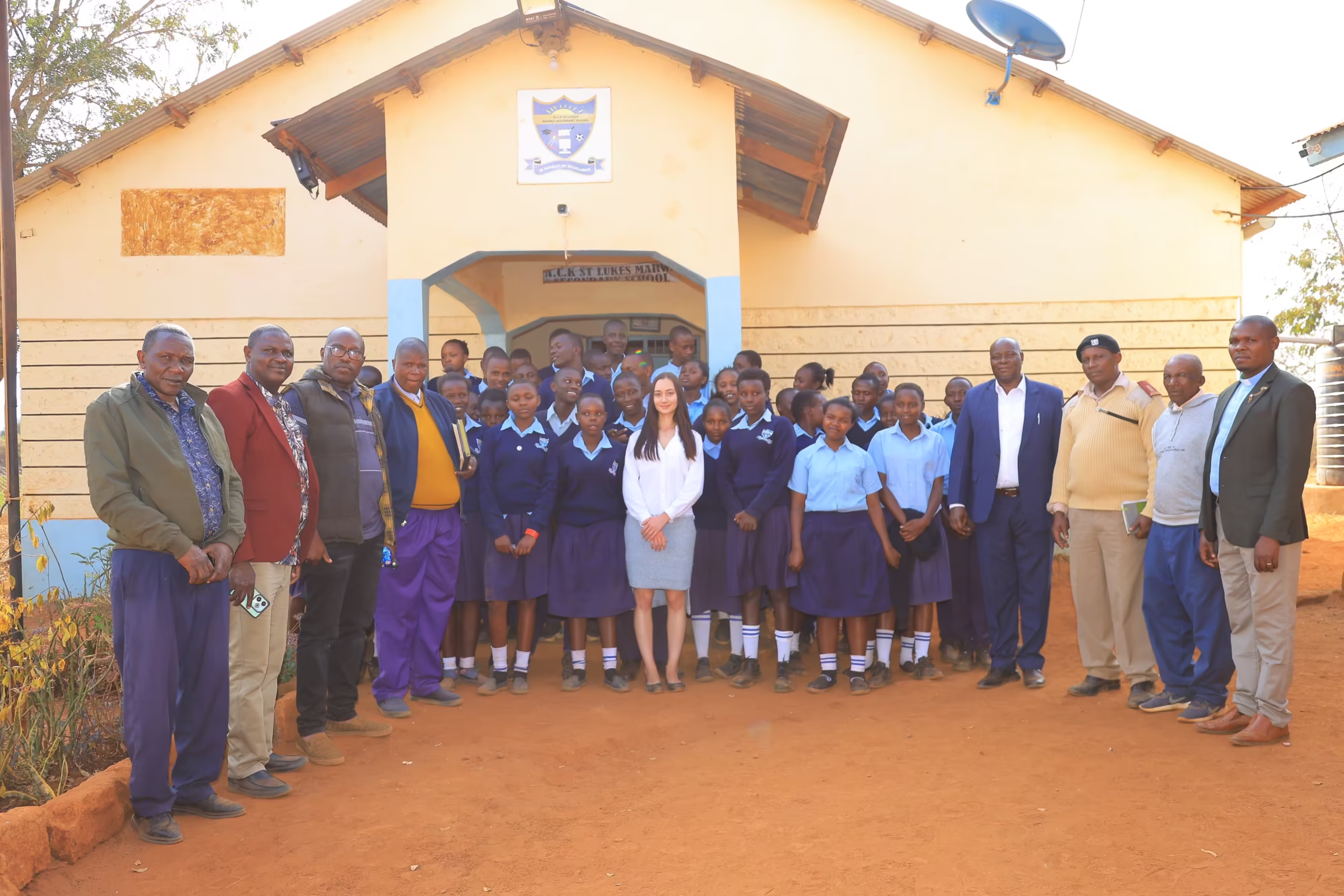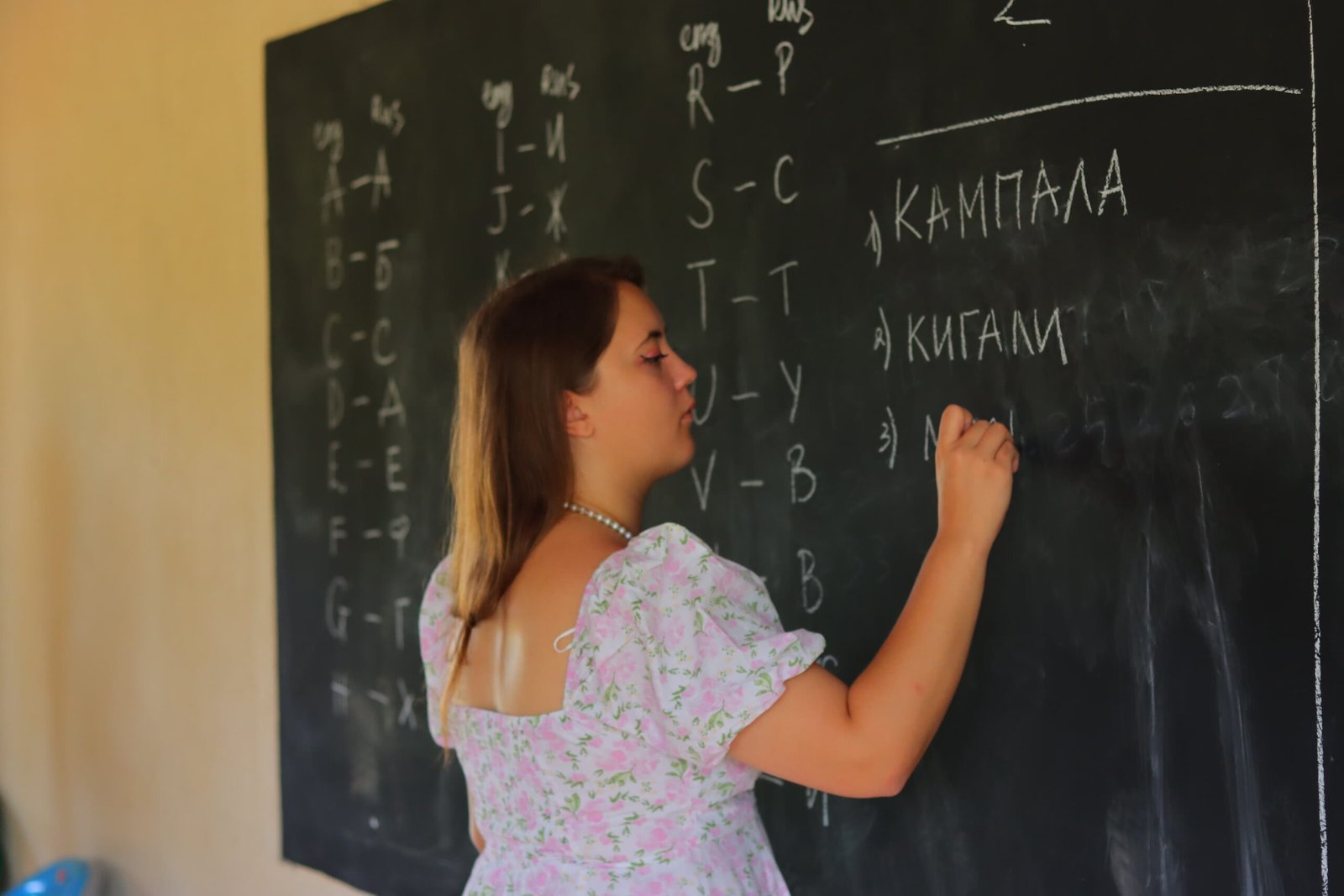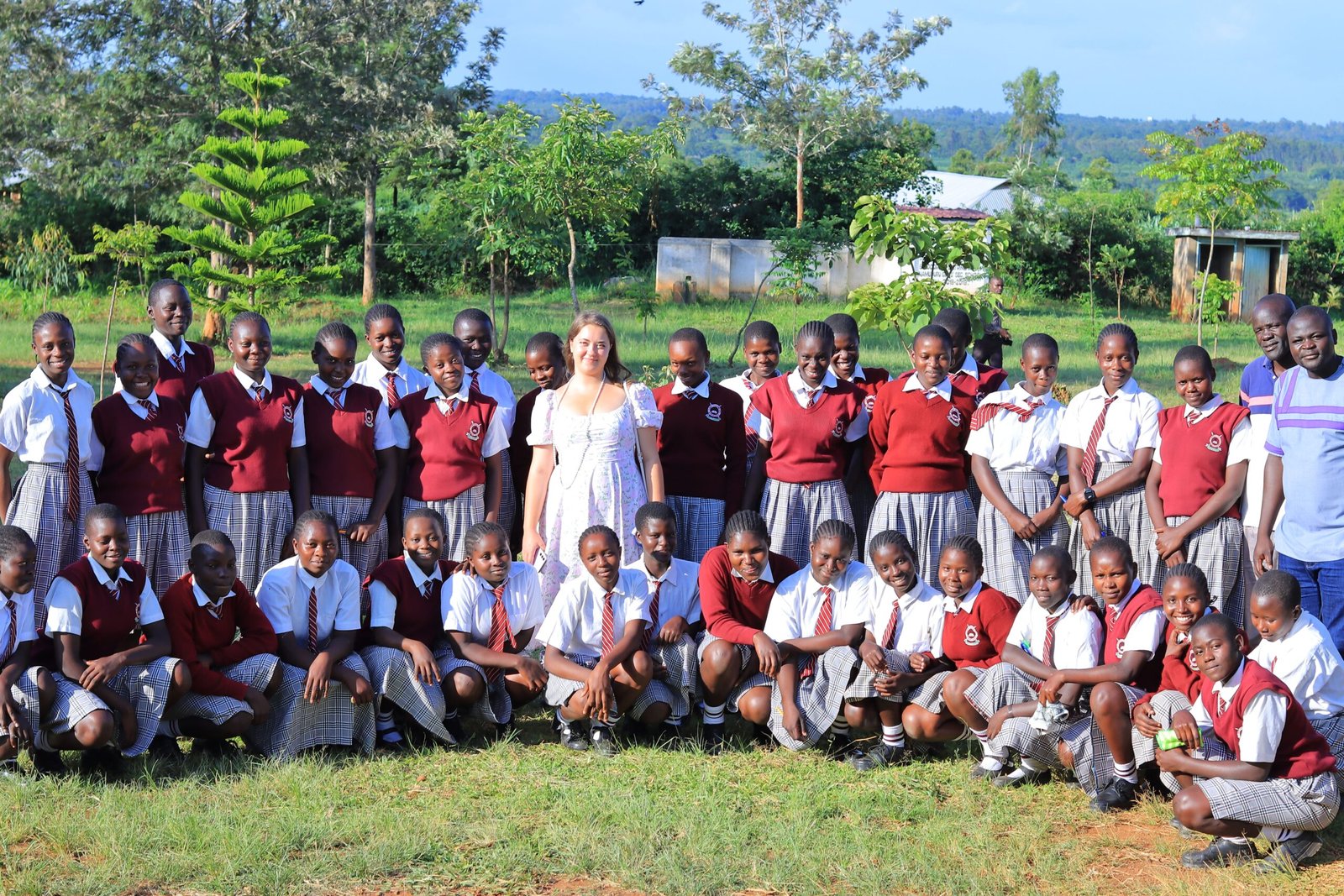On September 4, 2025, the Path to Russia (PTR) team, led by Kate and Ojijo, visited Marwa Comprehensive (Primary) and Marwa Secondary Schools in Makueni County. The visit brought together school administrators, community leaders, clergy, and parents for an open dialogue on cultural exchange, development, and the pressing challenges facing local education.
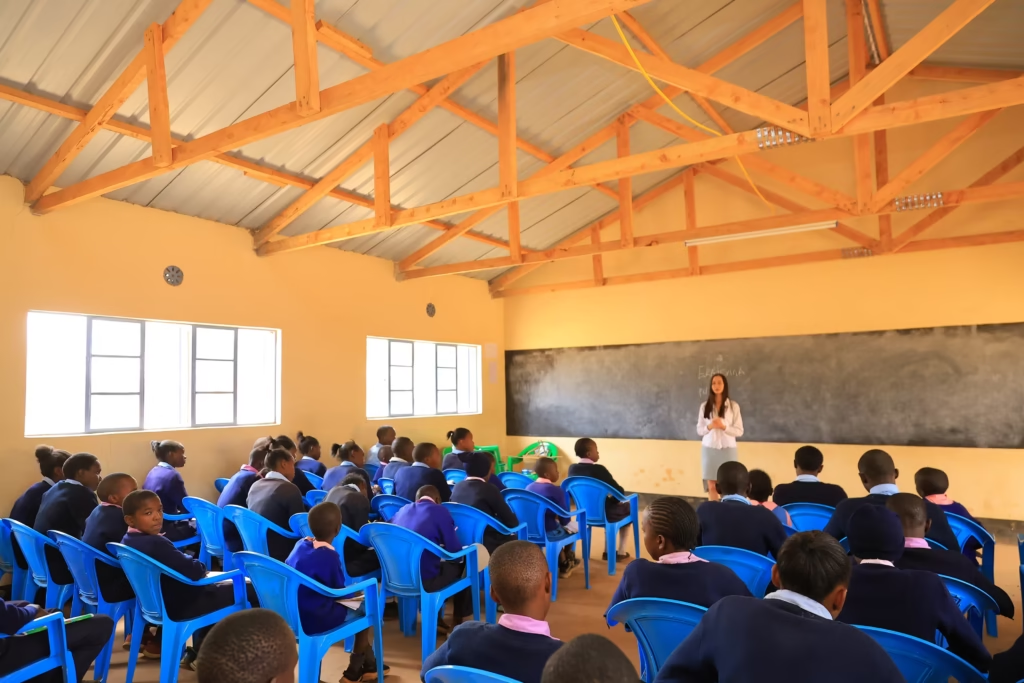
A Warm Welcome and Joint Meeting
The PTR team was warmly received by Mr. Patrick, Principal of Marwa Secondary, and Mr. David, Headteacher of Marwa Primary. A joint meeting followed, attended by the Area Chief, PTA Chair Mr. Joseph Kimiu, Rev. Kilonzo (PTR local partner and guide), clergy, and other community representatives. During the session, Kate introduced PTR’s mission of promoting Russian cultural exchange while exploring opportunities for sustainable development partnerships.
Challenges Highlighted by the Schools
Both schools voiced a common priority: water scarcity. With the area receiving little rainfall annually, schools depend on privately owned boreholes that are expensive and insufficient. This shortage hampers academics, co-curricular activities, and the possibility of agricultural projects.
Other issues raised included:
- Urgent need for a girls’ dormitory and renovated sanitation facilities.
- Modern kitchen spaces and expanded science labs to accommodate students.
- Staff quarters and a backup power system to improve working conditions.
- Lack of a functional ICT laboratory, limiting digital learning.
- Socioeconomic barriers, as many parents struggle to pay fees and often contribute in-kind through supplies like firewood.
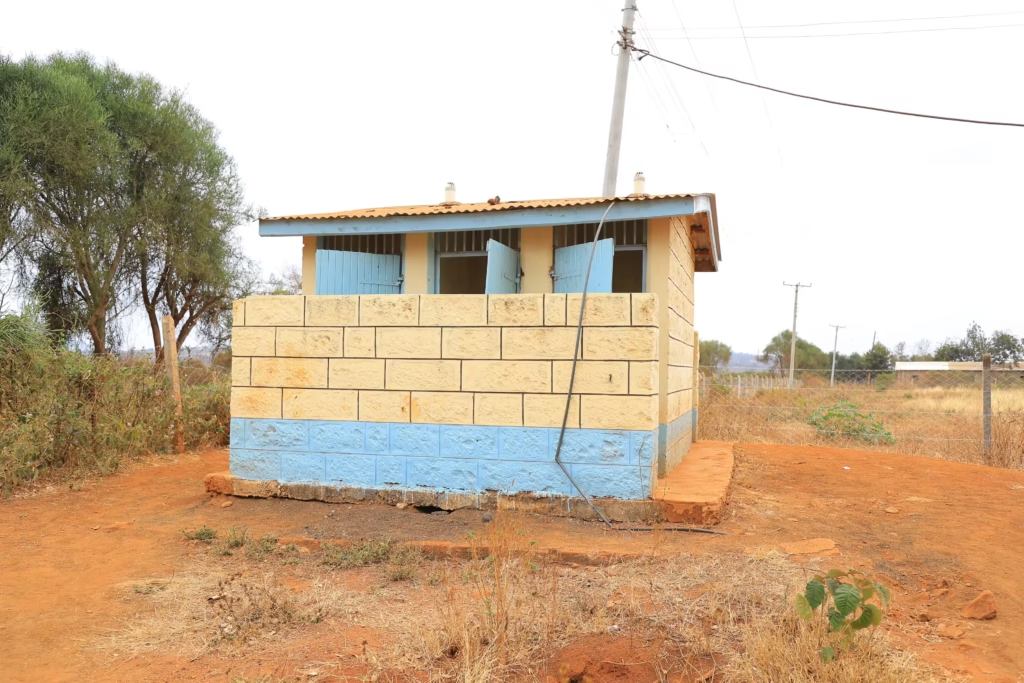
Learner Engagement and Cultural Exchange
PTR’s cultural exchange session created a memorable experience for learners. The team distributed academic materials and conducted an interactive workshop led by Kate, who taught basic Russian greetings and introduced students to Russian culture. The learners responded enthusiastically, quickly picking up phrases and embracing the cross-cultural dialogue.
Recommendations for Sustainable Growth
The schools identified sinking a borehole as the most urgent project. Access to reliable water would not only meet immediate needs but also enable the schools to establish sustainable feeding programs, improve nutrition, and create income-generating agricultural projects. Other medium and long-term needs include improved dormitories, kitchens, ICT labs, and staff facilities.
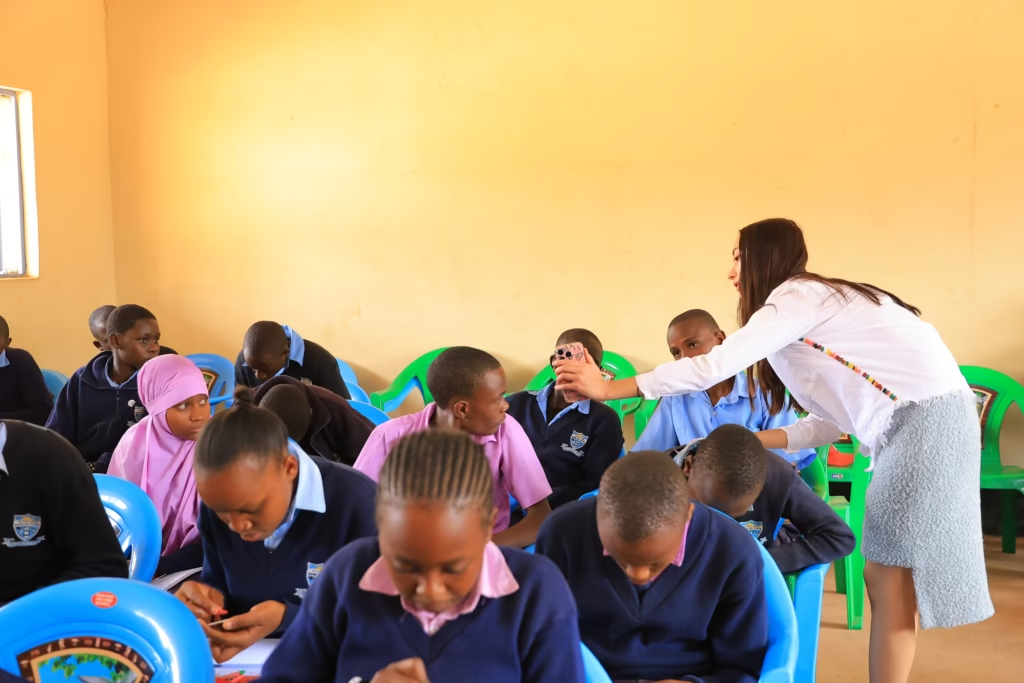
Conclusion
The visit to Marwa Comprehensive and Marwa Secondary Schools showcased both the acute challenges and the resilience of the institutions. With fertile land, eager learners, and dedicated leadership, these schools have the potential to thrive once foundational needs—starting with water—are addressed. PTR’s cultural outreach left a lasting impression on the learners and reaffirmed the value of building partnerships that blend education, development, and cultural understanding.


